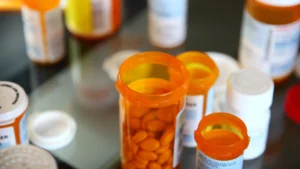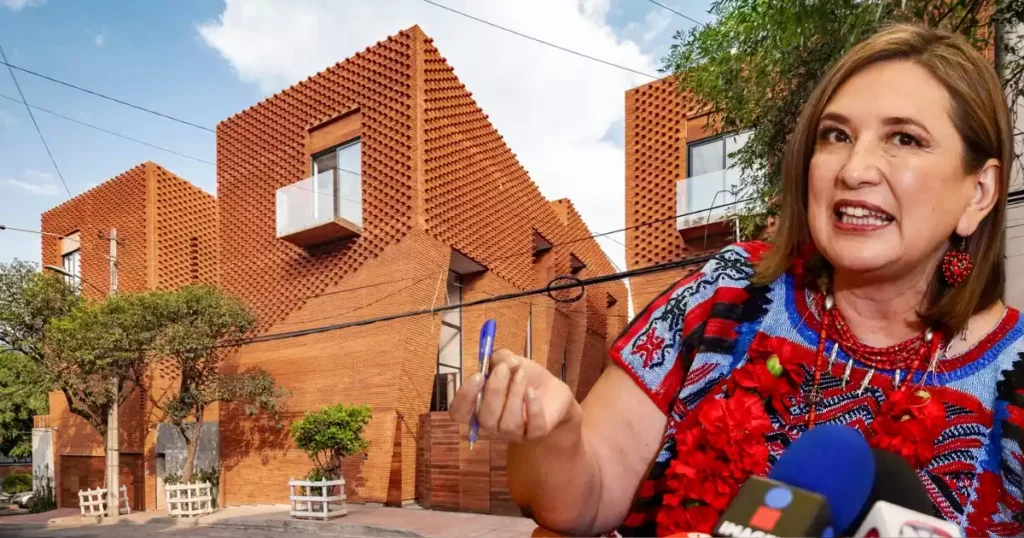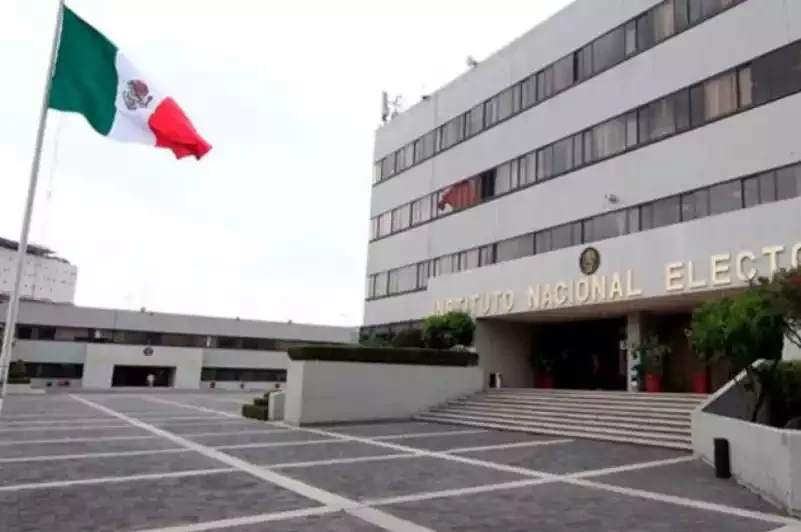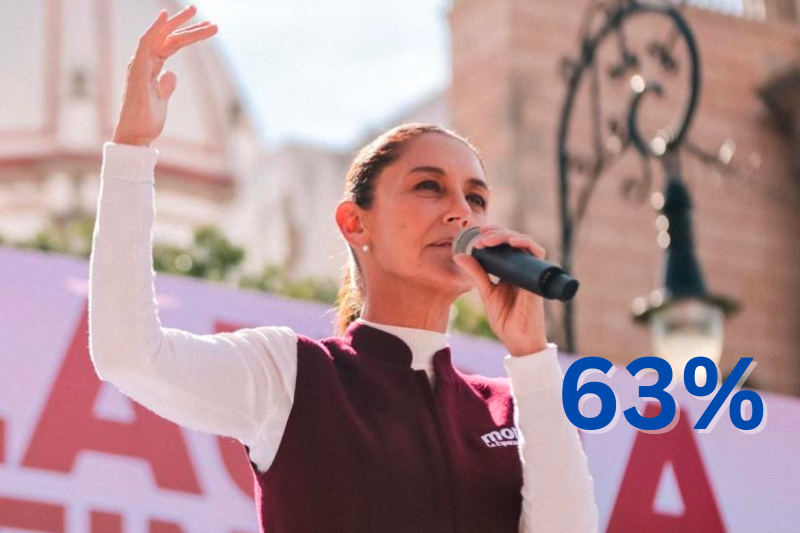Reduction of the price of 10 drugs for the elderly in the United States.

The President of the United States, Joe Biden, and his Vice President, Kamala Harris, announced on Thursday the reduction of the price of 10 drugs for the elderly in the United States.
This achievement is thanks to a “historic” agreement with pharmaceutical companies, in an attempt to boost the Democratic candidacy three months before the elections.
The price cut on 10 drugs for seniors in the United States is a deal with broad impact for the elderly population.
The pact with producers will save about $1.5 billion for federal Medicare beneficiaries – people 65 and older.
That’s about –$6 billion to taxpayers in the first year it goes into effect, in 2026, according to the White House.
Biden, who withdrew from the campaign for his re-election in July and gave way to Harris, called the decision in a statement a “historic step,” which the two will celebrate Thursday during a joint trip near Washington.
Drug prices, which are not regulated at the national level in the United States, are often much higher than in other developed countries.
It is common for even the insured to have to pay part of the cost out of pocket.
For years, millions of Americans have had to choose between buying their medicine or food,” the president added, ”but we have taken them (the laboratories) on and won.
The president, who usually announces most of his major economic projects alone, this time shared the credits with the vice-president, with three months to go before the November elections in which the Democrat will face Republican Donald Trump.
READ HERE: Tim Walz’s Immigration Policies.

The price reduction of 10 drugs for the elderly What are they?
The reduction of the price of 10 drugs for the elderly is supposed to be a few points in the polls, especially in the most economically affected sectors.
The Vice President, who was even given more space in the White House statement than Biden, promised that they will not stop there, noting that the cost of other drugs will be discussed in the coming years.
These negotiations between Medicare and pharmaceutical companies had been underway since February.
The price reduction of 10 drugs for the elderly include:
- Eliquis, an anticoagulant from Bristol Myers Squibb and Pfizer pharmaceuticals, drops from $521 to $231.
- Xarelto, an anticoagulant made by Johnson & Johnson, drops from $517 to $197.
- Januvia, a diabetes drug from Merck, drops from $527 to $113.
- Jardiance, a diabetes drug from Boehringer Ingelheim and Eli Lilly, drops from $573 to $197.
- Enbrel, a rheumatoid arthritis drug from Amgen, drops from $7,106 to $2,355.
- Imbruvica, a blood cancer drug from AbbVie and Johnson & Johnson, drops from $14,934 to $9,319.
- Farxiga, a drug for diabetes, heart failure and chronic kidney disease made by AstraZeneca, drops from $556 to $178.
- Entresto, a Novartis drug for heart failure, drops from $628 to $295.
- Stelara, a drug for psoriasis and Crohn’s disease from Johnson & Johnson, drops from $13,836 to $4,695.
- Fiasp and NovoLog, two diabetes drugs from Novo Nordisk, drop from $495 to $119.
The new prices will not take effect until 2026, but the move is a milestone for Medicare because the federal government has never before haggled directly with manufacturers over its prescription drugs.
Medicare provides health coverage to more than 65 million people in the United States.







